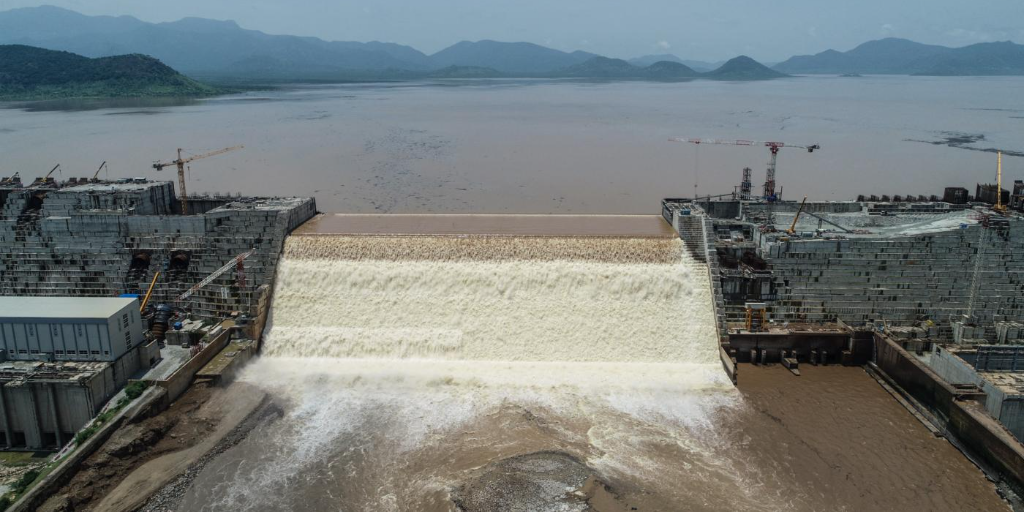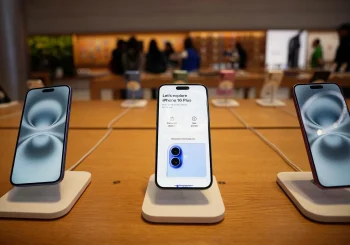Egypt’s Minister of Irrigation and Water Resources Hani Sewilam warned Ethiopia that any damage caused by the Grand Ethiopian Renaissance Dam (GERD) to Egypt would come at a cost.
“Any dam constructed along the Nile River affects Egypt. Some impacts are manageable, others are not. Ethiopia will pay for any impact on Egypt one day,” Sewilam said during a speech on World Water Day on 22 March.
Referring to the 2015 Declaration of Principles, signed by Egypt, Sudan, and Ethiopia, Sewilam highlighted the agreement’s provision holding the responsible party accountable for any harm inflicted on downstream nations.
The minister emphasised Egypt’s right to enforce any necessary measures to safeguard its population in the event of a direct threat to its water security from the dam’s operations.
He clarified that prolonged drought conditions, which could persist for years, would expose Egypt to risks associated with the GERD. In such scenarios, the existing reservoir in Egypt’s Aswan High Dam would diminish due to water being stored in Ethiopia’s dam to generate electricity.
Sewilam also stressed the necessity of equitable water distribution to ensure the well-being of populations in affected countries.
Both Nile countries exited another round of negotiations in December 2023, with Sewilam attributing the failure to Ethiopia’s ongoing rejection of proposed technical and legal solutions that would protect the interests of all three countries.
Ethiopia also expressed willingness to resume negotiations for a settlement that considers the interests of all three countries.
Both Egypt and Sudan continue to strive for a binding agreement on the GERD’s filling and operation, which Ethiopia continues to avoid in favour of non-binding guidelines that can be modified.
Despite no binding agreement reached, Ethiopia unilaterally completed the fourth phase of filling the GERD reservoir in September – a violation of the Declaration of Principles.
Egypt, heavily reliant on the Nile for its water needs, is concerned that the dam will further strain its already scarce water supply.
Egypt receives an average of 60 billion cubic metres, mainly from the Nile and underground water, while needing up to 114 billion cubic metres annually.
The country faces water scarcity, with an annual share of 560 cubic metres per person, well below the international threshold.
Subscribe to the Egyptian Streets’ weekly newsletter! Catch up on the latest news, arts & culture headlines, exclusive features and more stories that matter, delivered straight to your inbox by clicking here.







Comments (0)